-

+86-577-57156888
-

-

+86-577-57155869
-

11th Floor, Building 6, Headquarters Economic Park, Yueqing, Zhejiang, China
Industrial Motor Control with Three-Phase Motor Soft Starters
Industry News-In the ever-evolving world of industrial automation and energy efficiency, the Three-Phase Motor Soft Starter has established itself as a game-changing technology. As industries demand smarter, more reliable, and energy-efficient motor control solutions, the adoption of soft starters has seen exponential growth. From manufacturing to water treatment, HVAC to mining, this advanced starting technology is redefining how heavy-duty motors are managed across the globe.
Understanding the Three-Phase Motor Soft Starter
A three-phase motor soft starter is an electronic device designed to control the voltage supply during the start-up phase of a three-phase induction motor. Rather than applying full voltage instantly—like traditional direct-on-line (DOL) starters—the soft starter gradually increases voltage to the motor, providing a smooth acceleration. This reduces mechanical stress on shafts, gears, and bearings, and prevents electrical shocks to the system.
By limiting inrush current and torque during startup, soft starters protect motors from sudden surges and overheating. Once the motor reaches its full speed, the soft starter either disengages or transitions into a bypass mode, allowing the motor to run at full voltage with energy loss.
Expanding Applications Across Industries
Manufacturing Plants are among the biggest beneficiaries of three-phase motor soft starters. Motors used in conveyor belts, crushers, extruders, and mixers experience high torque demands. The soft starter’s gradual ramp-up and deceleration prevent sudden jolts, improving operational stability and extending the life of mechanical components.
In the mining industry, where large motors are frequently subjected to load conditions, soft starters are invaluable. They enable controlled starts for heavy-duty pumps, crushers, and ventilators, reducing wear and improving safety in environments where downtime is costly and dangerous.
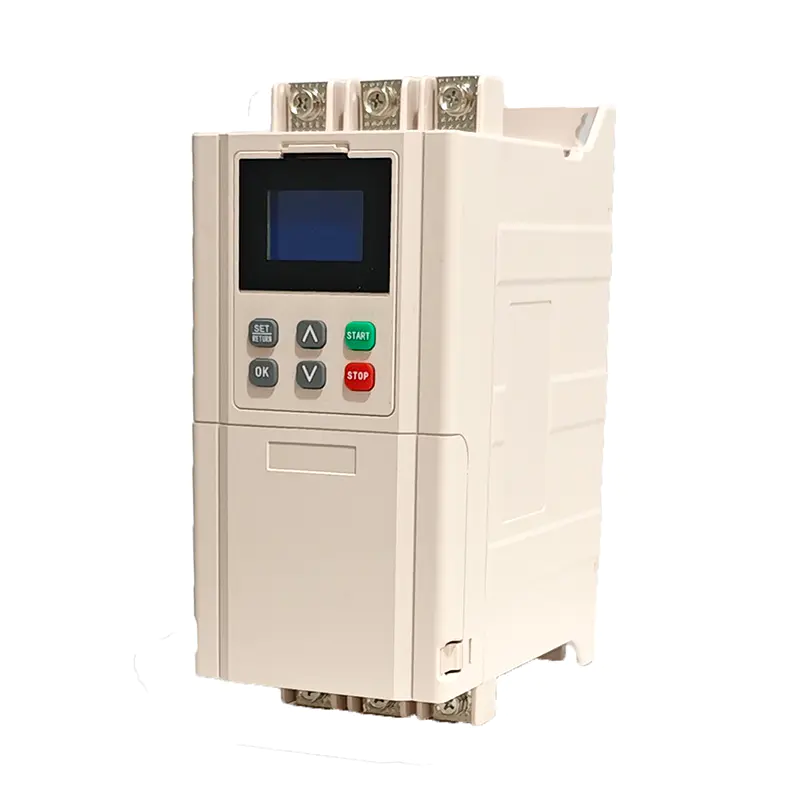
HVAC systems in commercial and industrial buildings utilize soft starters for compressors and fans. By the electrical impact on the grid during startup, soft starters help facilities maintain compliance with local energy regulations and reduce peak demand charges.
Water treatment facilities also rely on this technology for managing pumps and blowers. The ability to smoothly start and stop motors reduces pressure surges in pipelines and avoids water hammer effects, thereby protecting infrastructure.
Key Advantages Driving Market Growth
The advantages of three-phase motor soft starters go beyond just smoother starts:
Energy Efficiency: While not as dynamic as variable frequency drives (VFDs) in varying speed, soft starters still contribute to energy savings by reducing peak current draw.
Reduced Maintenance: Smoother starts mean less mechanical and thermal stress, which significantly reduces the frequency and cost of maintenance.
Extended Motor Life: By controlling voltage, soft starters prevent electrical overload, to prolonged motor lifespan.
Compact Design: Many modern soft starters are designed to fit into tight control panels, making them ideal for retrofitting existing systems.
Ease of Use: units come with digital interfaces and programmable settings, allowing technicians to tailor the start/stop curves according to application needs.
Technology Advancements
The evolution of three-phase motor soft starters has been driven by the integration of digital control systems, microprocessors, and IoT-enabled monitoring. New-generation soft starters feature advanced diagnostics, thermal modeling, real-time data logging, and communication protocols such as Modbus, Profibus, and Ethernet/IP.
This connectivity enables predictive maintenance and remote control, reducing the need for on-site inspections. Furthermore, the integration with PLC systems (Programmable Logic Controllers) enhances automation and allows better coordination across complex industrial processes.
Some models also feature adaptive control algorithms that learn from each start and automatically adjust parameters to ensure performance and protection.
Market Dynamics and Outlook
With growing pressure on industries to optimize power consumption and improve operational efficiency, the market for three-phase motor soft starters is poised for robust expansion. According to recent industry analyses, the global soft starter market is expected to surpass USD 2.5 billion by 2030, fueled by rising industrial automation and the modernization of existing motor control systems.
Emerging economies are investing heavily in infrastructure development, particularly in sectors like manufacturing, mining, and utilities. These regions represent substantial opportunities for soft starter manufacturers, especially those offering cost-effective, compact, and easy-to-integrate solutions.
 English
English 中文简体
中文简体 عربى
عربى
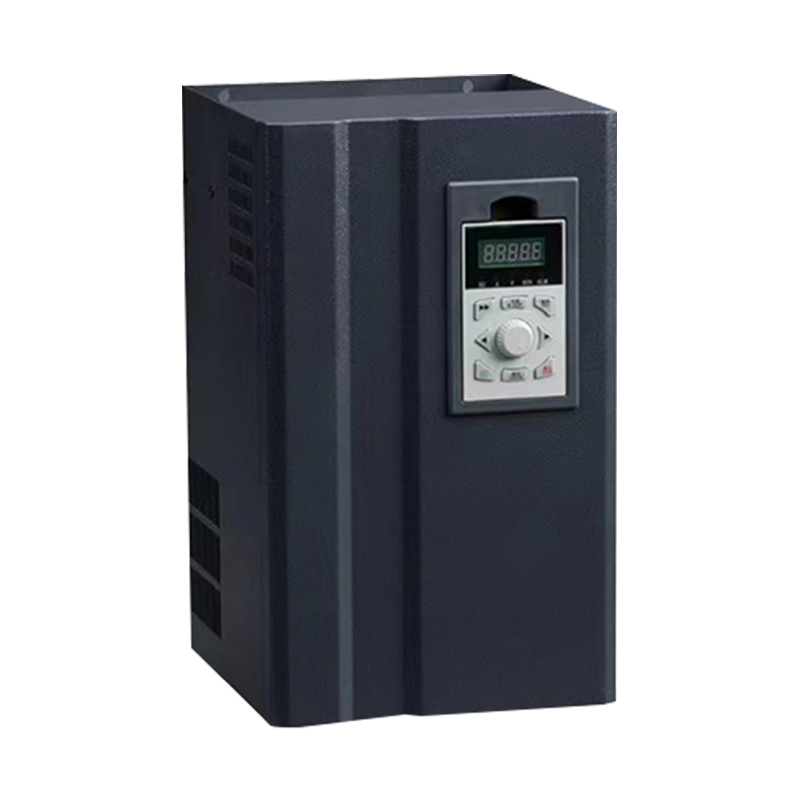
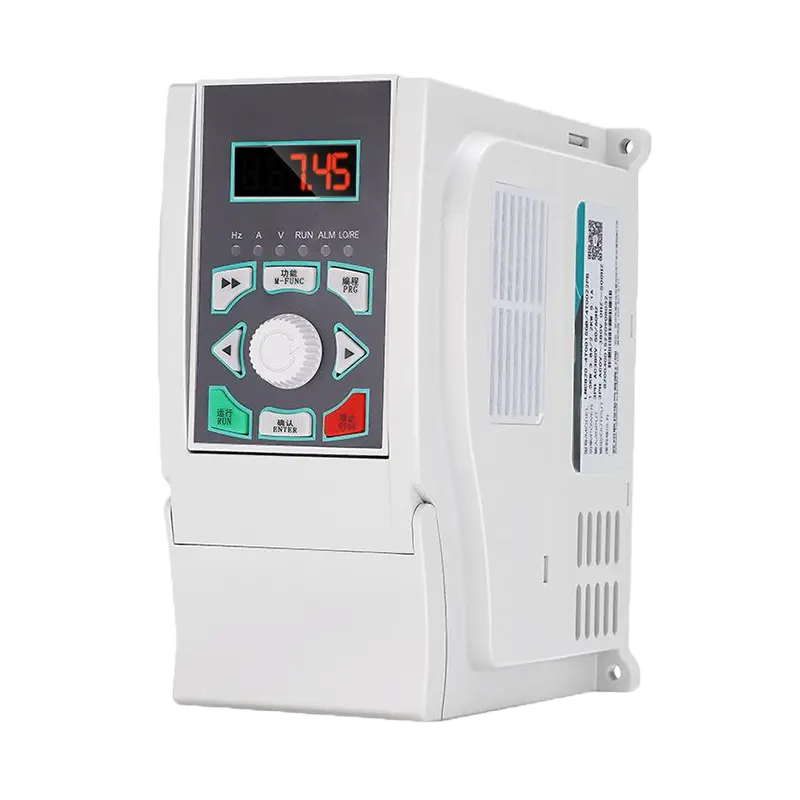
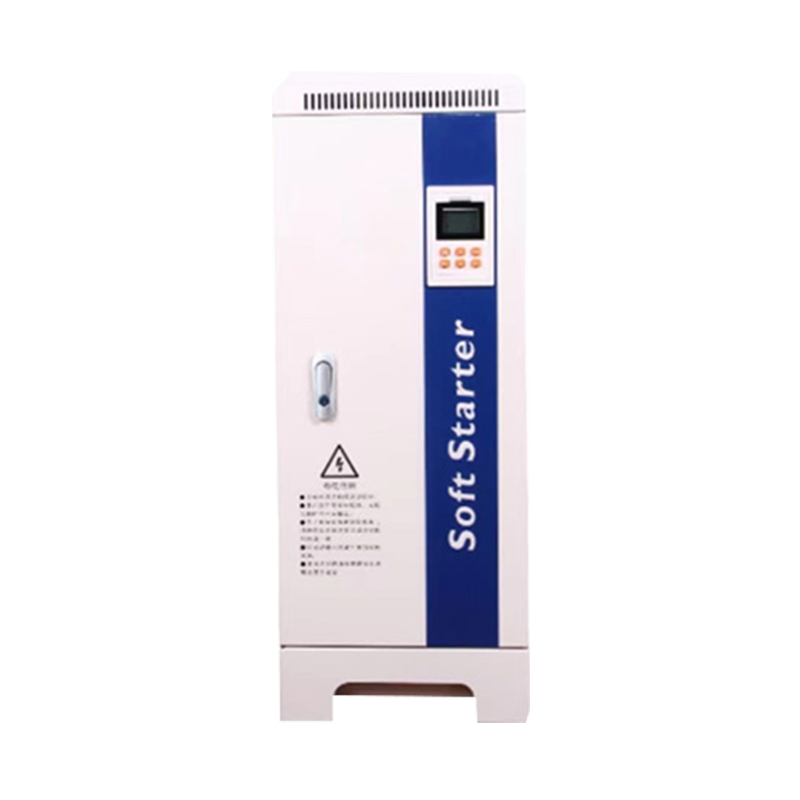
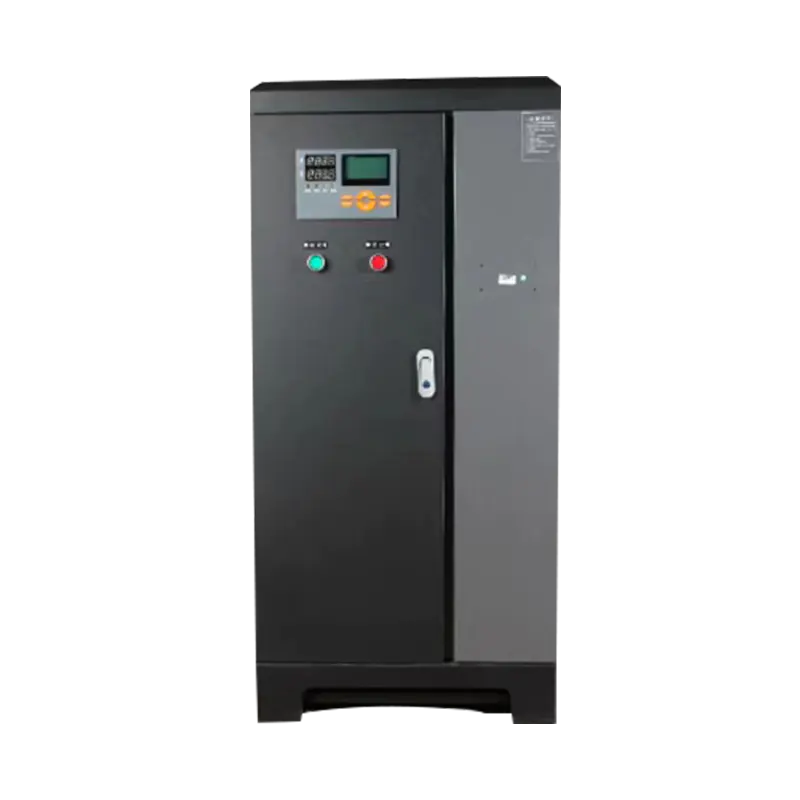

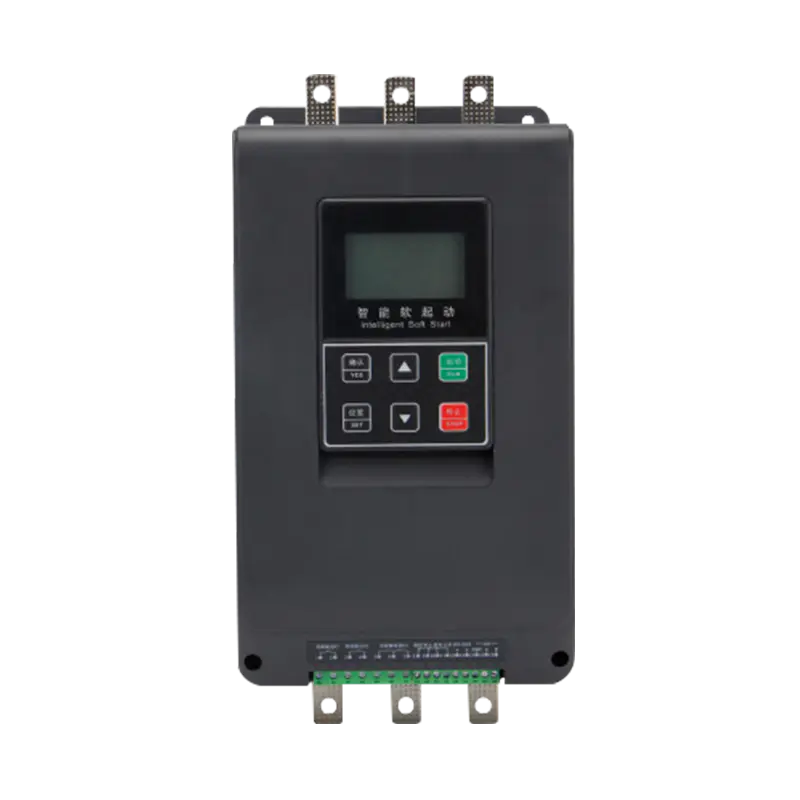

 浙公网安备33038202003754号
浙公网安备33038202003754号